Ending Child Marriage : The Power of Girls’ Education
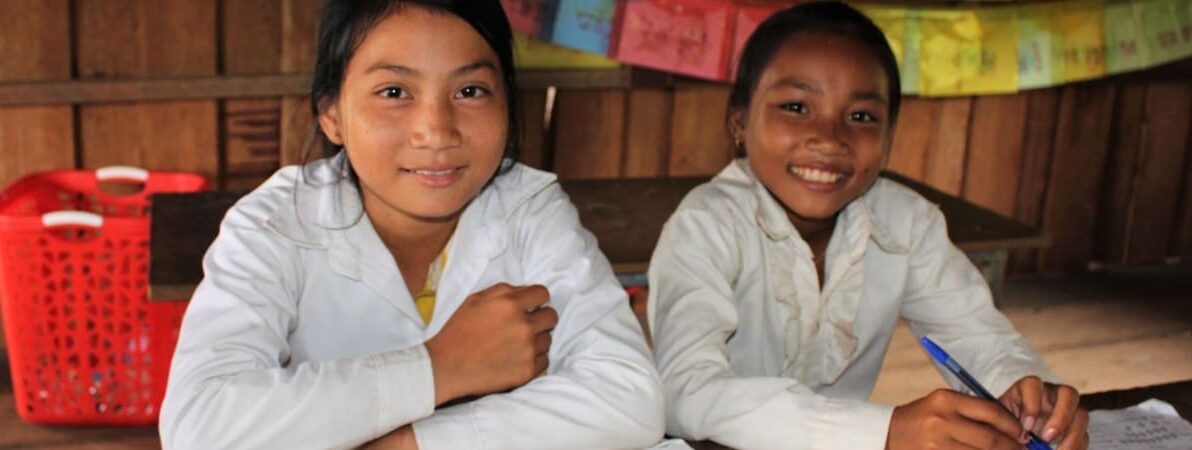
October 18, 2020
Meg Armishaw
3 mins
EACH YEAR, 15 MILLION GIRLS ARE MARRIED BEFORE THEY TURN 18. THAT’S ONE IN EVERY FOUR GIRLS.
Child marriage undermines global efforts to improve girls’ education, as many girls drop out of school to marry at an early age. At the same time, providing girls with access to quality education is a key strategy to prevent child marriage. Child marriage is therefore both a cause and a consequence of poor educational attainment for girls.

WHY ARE GIRLS GETTING MARRIED SO YOUNG?
Although child marriage is a complex issue with no single cause, there are some common driving factors…
Gender inequality
The low value placed on girls in many cultures limits their educational and employment opportunities. Social norms that prioritise boys’ interests over girls’ can mean parents do not invest in their daughters’ health and education, seeing child marriage as the only alternative.
Poverty
For poor families with many children, marrying their daughter off early can mean one less mouth to feed, clothe and educate. Combined with the potential financial benefit from ‘bride price’ traditions, families and sometimes girls themselves believe that marriage will be a solution to secure their future.
WHAT ARE THE IMPACTS?
Child marriage is a fundamental violation of human rights.
It disrupts girls’ rights to health and education, leading to early pregnancy and social isolation.
Child brides are neither physically nor emotionally ready to become wives and mothers.
They face higher risks of experiencing dangerous complications in pregnancy and childbirth, contracting HIV/ AIDS and suffering domestic violence.
Girls, women and their families can be trapped in a cycle of poverty.
With limited access to education and economic opportunities, girls’ income-earning potential is reduced, affecting their socio-economic status for generations to come. This has a wider impact on society, with research suggesting that governments could save up to $17 billion a year by ending child marriage.
EDUCATION IS ONE OF THE MOST POWERFUL TOOLS TO HELP GIRLS AVOID CHILD MARRIAGE.
The education a girl receives is the strongest indicator of the age she will marry. Evidence shows that girls who attend secondary school are three times less likely to be child brides. Educating girls provides them with the skills, knowledge and confidence to make informed decisions about if, when and who they marry.
Girls’ education benefits everyone.
A lost opportunity for education is not only harmful for girls, but has far-reaching consequences for their children and wider communities. The economic impact of child marriage was shown recently in a 2017 report by the World Bank: in countries where child marriage rates are high, girls’ educational attainment is low, which in turn leads to reduced lifetime earnings and lower GDP. When girls have access to safe, quality education, the benefits are widely felt.
“Girls are one of the most powerful forces for change in the world: When their rights are recognized, their needs are met, and their voices are heard, they drive positive change in their families, their communities, and the world.”
– Kathy Calvin, United Nations Foundation President & CEO
WE’RE WORKING TO HELP END CHILD MARRIAGE THROUGH EDUCATION.
With approximately 1 in 2 girls married before the age of 18, South Asia has the highest prevalence of child marriage in the world. At United World Schools, we’re trying to change this by working every day to get more girls into our schools.
We are committed to tackling the gender gap in education. We only work with communities who commit to sending both girls and boys to school. Once a school is open, we monitor gender ratios to make sure female students are attending. If they aren’t, we work with communities to help them send their daughters to school.
Our dormitory programmes in Cambodia allow girls to stay near government schools to continue into secondary education. We also provide girls with sanitary towels and health education, to minimise other barriers they may face. Targeting the specific needs of girls encourages them to attend our schools. When girls are in school they are less likely to marry early, improving their health, education and future opportunities for themselves and their communities.
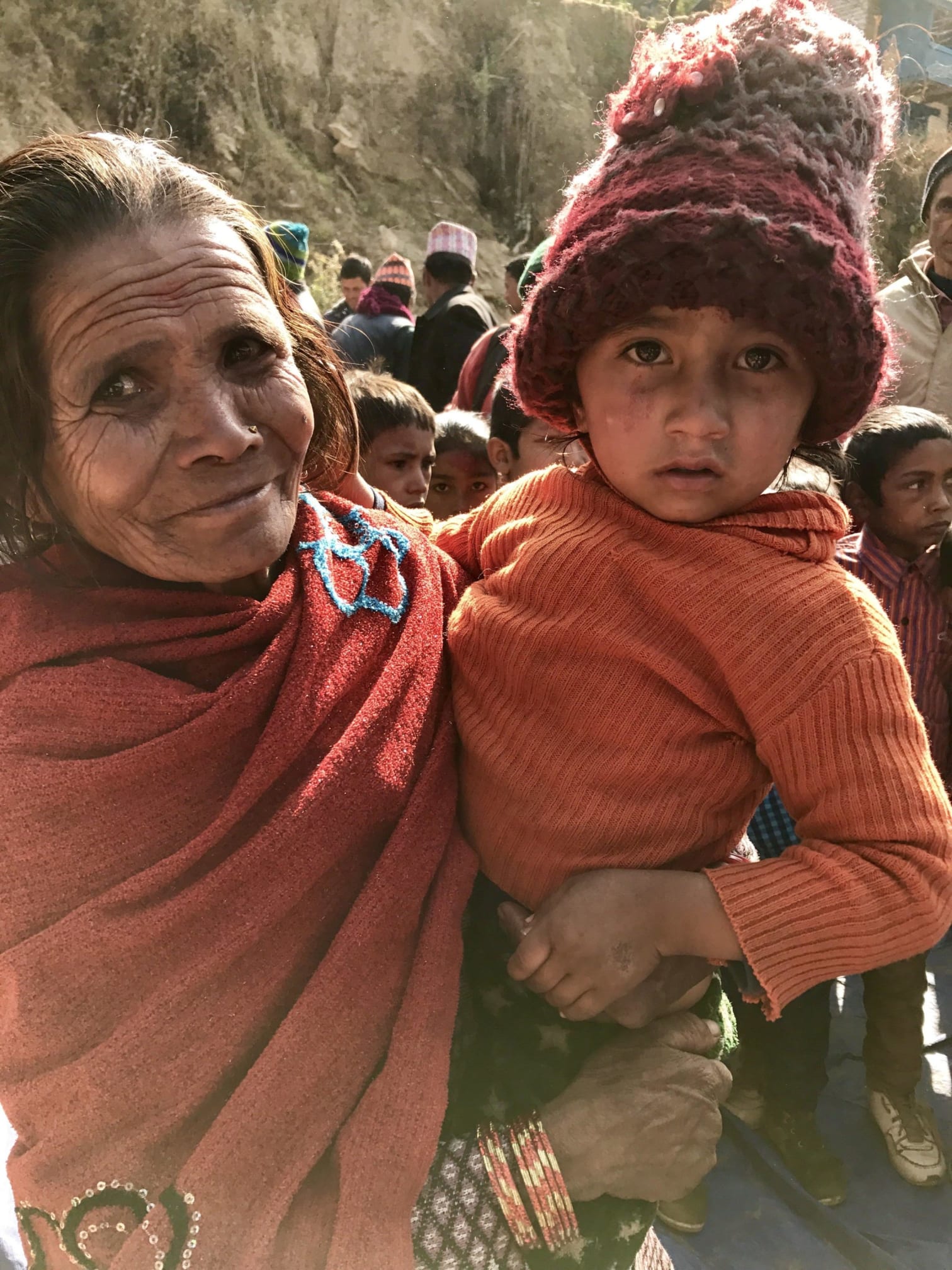
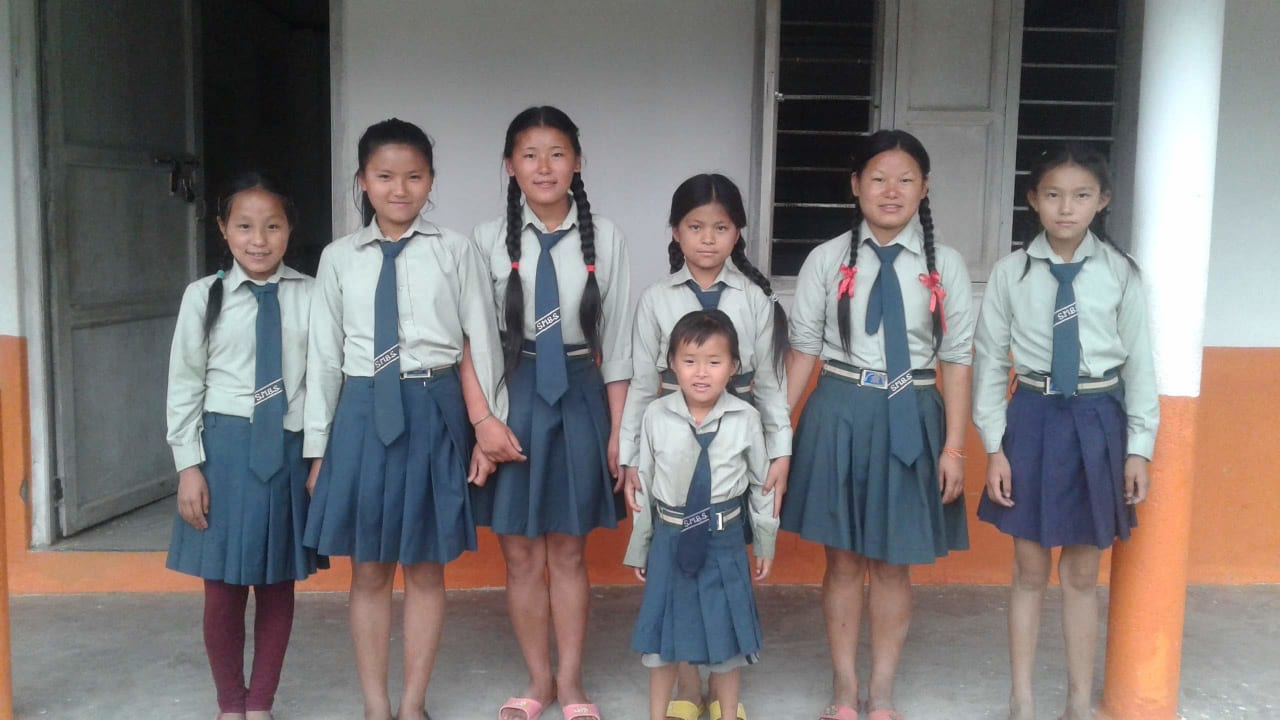
Get Involved
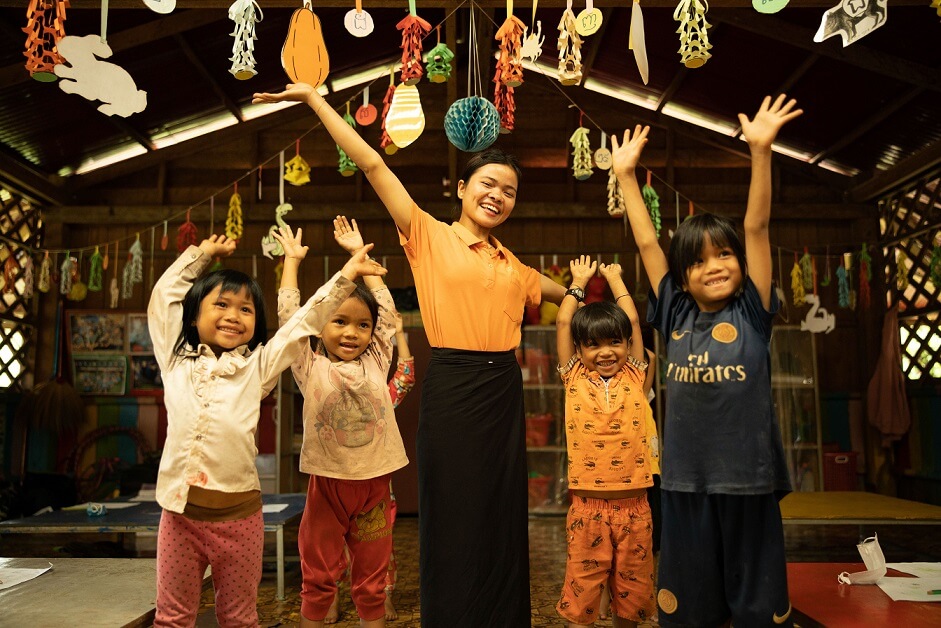
The future needs to change. You can change it
Join the movement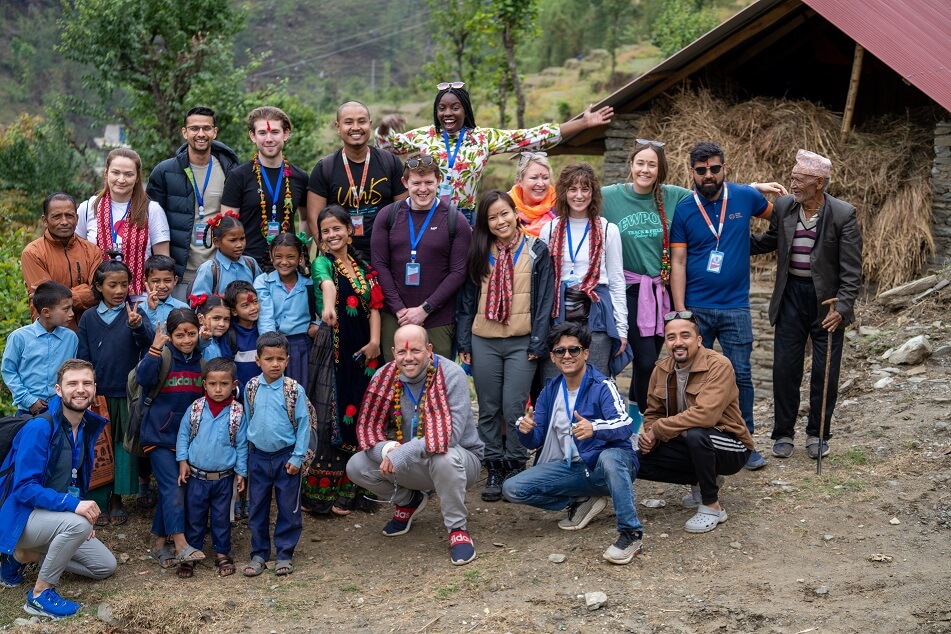
The world's greatest challenge requires the planet's greatest brands.
Become a brand partner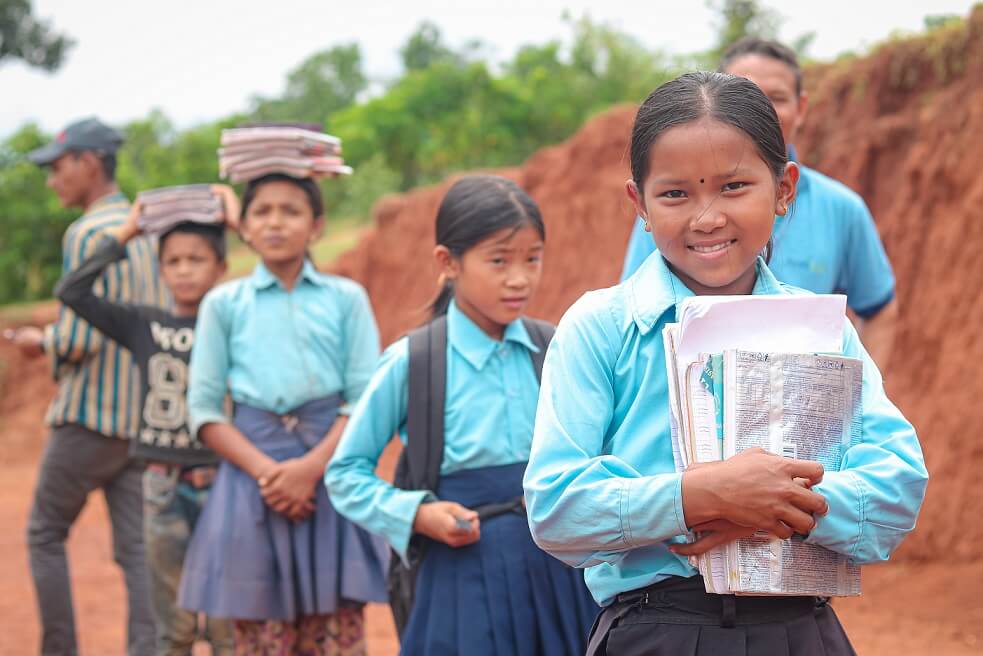
Got some spare change? Then you can change the future.
Give a philanthropic gift




